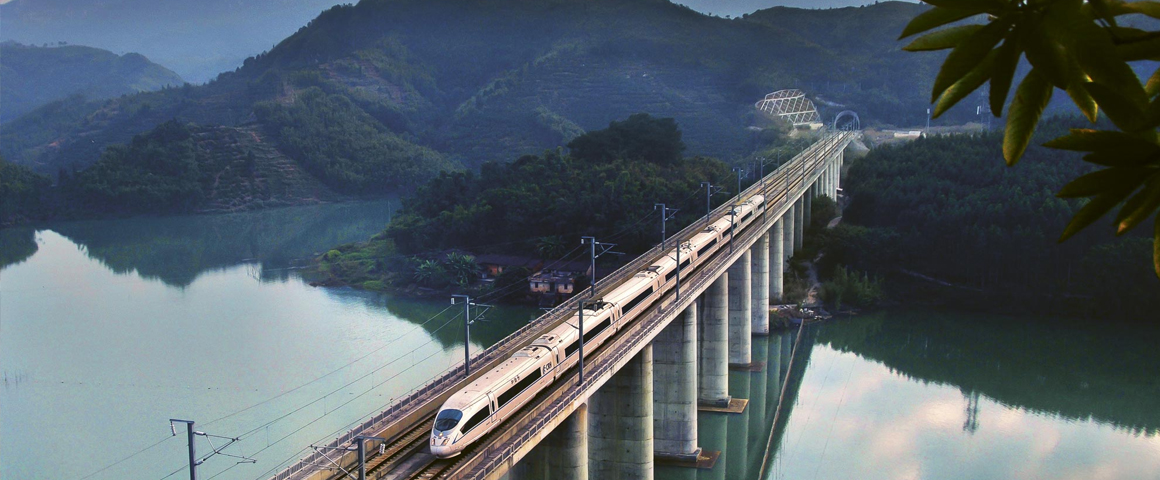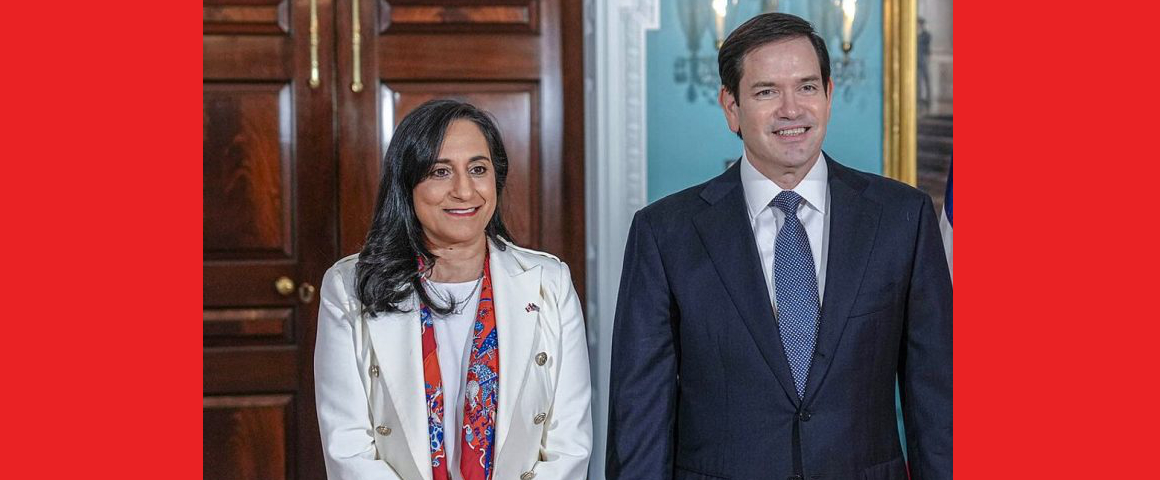Part of me is highly amused by the tense China-Canada drama. Who can miss the absurdities of the piece, even without ex-Ambassador McCallum’s seesaw testimony on the merits and possible outcomes of the case involving Huawei executive Meng Wanzhou? Nor does a chuckle really depend on Boss Trump’s stated willingness to forget about charges of fraud and evaded sanctions against Iran if that helps trade negotiations… even as upright, uptight Ottawa insists that the extradition mess is a purely judicial proceeding. No, there’s even more that’s entertaining.
But where to begin an account of this ultimately serious and worrisome series of events? And when to stop laughing?
On January 14 Canada updated its travel advisory for citizens visiting China, urging them to exercise caution in a place that might engage in the “arbitrary enforcement of local laws.” What can that possibly mean, a Chinese friend recently asked me? If one is detained for, say, teaching English in Sichuan without the requisite visa, or by hustling heroin through Shanghai’s port, how is that arbitrary? Doesn’t a fine English word such as “arbitrary” only apply to a case where the State has arrested an individual on a whim, that is, hatched an indictment where there is no reason to believe that a law was actually broken?
Or does Canada mean that all Chinese law is by its very nature arbitrary, in the sense that it is derived from the decisions of a Party/State that doesn’t practice liberal parliamentarianism? That the legislative branch of the People’s Republic of China is necessarily illegitimate? If that’s what Ottawa means, then some bureaucrat has been seriously derelict in her duty, as such a warning should have been issued decades ago. Imagine all those Canadians who risked their skin visiting China prior to the update’s publication!
(It seems that Canadians made approximately 800,000 visits to the People’s Middle Kingdom in 2018 alone. Some 200 of us are reportedly engaged in legal proceedings of some type – far fewer, as the Chinese have pointed out, than the number of our compatriots in legal trouble south of the border.)
Next comes the unfortunate case of Mr. Robert Schellenberg. To be sure, laughter is inappropriate here. But our Prime Minister’s use of that same English word to describe the death sentence recently issued to this sad traveller should at least raise eyebrows. After a conviction for drug smuggling and the imposition of a fifteen-year sentence, Mr. Shellenberg returned to court on appeal. The Intermediate People’s Court in Dalian then handed down the death penalty. Prosecutors and the defendant’s lawyer, Zhang Dongshuo, appear to disagree on whether new evidence was furnished by the State at the second trial (which is a requirement for the severity of the sentence to be sharpened).
People who don’t want to see Mr. Schellenberg shot are understandably distressed.
Of course, it is perfectly reasonable to express the view that China should not practice the death penalty. Mr. Trudeau, just like People’s Voice and Toronto Star readers, is entirely within his rights to say that State execution of criminals is barbaric. Or he might reasonably argue that sentences should never be increased as a result of an appeal process launched by the defendant. But who can pretend that China specially picks on foreigners to make a political point? If you stuff tires with 222 kg of methamphetamine, try to move them through the PRC and then get caught, it is quite possible you’ll die and certain you’ll face stiff punishment. If Chinese, you may well die faster. But there will be nothing arbitrary about it. Beijing strives to keep drugs out of the country.
Then there is Michael Kovrig, the North East Asia Senior Advisor for the NGO International Crisis Group, detained in China on December 10, ten days after Ms. Meng was arrested in Vancouver. Michael Spavor, an entrepreneur known for his business activities in the DPRK, was also taken into custody. In both cases, suspicion of engaging in actions endangering China’s national security was the stated reason for the arrests, according to China’s ambassador to Canada.
Weeks later, a letter was signed and released by over 100 former diplomats and academics urging President Xi Jinping to release these two Canadians. Notable for its brevity, the widely publicized missive makes the case that arresting researchers and (metaphorical) bridge builders in China will cause a chill in relations with the West. Less dialogue and more distrust will result. Diplomats will be more tentative. And that is bound to hurt all concerned, including China.
And thus, after the unambiguously sad tale of Mr. Schellenberg, elements of the ridiculous return to our story.
For while there is little doubt that actions which undermine contacts between China and the West can have negative consequences, it seems fair to ask that when serious charges are levied against an ex-diplomat/researcher from an influential, well-heeled NGO, academics (and journalists) display at least a bit of curiosity.

An NGO of a special type
The aforementioned concerned scholars take the ICG at its word that it is an organization dedicated to “build[ing] a more peaceful world.”
However, the veracity of this claim depends on what one means by peaceful. Augustus, it is said, inaugurated a period of great peace in the Roman world, but not one built on love and solidarity. ICG made a name for itself in the 1990s cheering on NATO’s assault on Yugoslavia and the severing of Kosovo from Serbia. Leading lights in the organization trumpeted the invasion of Afghanistan and then the effort to save us from Saddam’s weapons of mass destruction. (For more details, see Tom Hazeldine’s savagely written and still-fresh piece in the May-June 2010 issue of New Left Review).
ICG Board members include Lord Malloch-Brown, formerly of the British cabinet, George Soros’ investment fund and the famous financier’s Open Society Institute. President Emeritus Gareth Evans is perhaps best known for his cavalier dismissal of the Indonesian army’s slaughtering ways in East Timor. Thomas Pickering, one of the leading lights of U.S. diplomacy and another board member, has in his illustrious career been a Senior VP at Boeing and Ronald Reagan’s ambassador to El Salvador during the blood-drenched 1980s.
And speaking of ICG-funder Soros. This voice of liberal, enlightened finance capital recently called out Xi as the leading contemporary enemy of the “open society.” The Chinese Chairman thus joins a list of foes that, according to Soros’ intellectual mentor, the garlanded political theorist Sir Karl Popper, includes Plato and Marx. Rarefied company for a man who as a youngster toiled with a shovel during the Cultural Revolution, studied engineering and was reportedly rejected numerous times for Party membership!
Is it possible the Chinese failed to notice who pays Kovrig’s salary? No doubt they also took note of his organization’s mandate to develop “policies that can help end conflicts.” Which conflicts in China might the former diplomat have been working on?
In fact, ICG is a vigorous voice of liberal internationalism. Or enlightened imperialism, if you prefer. It isn’t the Trumpian right. It’s the Blair-Clinton-Obama-EU centre-left, desirous of maintaining an international order in which U.S.-led “multilateralism” is dominant. This is an order that China can theoretically join so long as Beijing remains unassertive, subordinate, focused on its own internal problems, cooperative… and hopefully on the road to liberal capitalism.
Members of this club are consequently alarmed by China’s activities in, for example, Africa. For a taste of their concern, read Kovrig’s own report on Chinese military aid to that part of the globe. He describes, in a report on the ICG website from October of last year, how initiatives like the People’s Liberation Army’s anti-piracy facility at Djibouti, as well as components of the 2018 Forum on China-Africa Cooperation Action Plan, enable China to “project force and protect Chinese citizens, supply chains and other interests…” on the continent and across the Indian Ocean. Beijing is reaching out and not merely counting on the good will of others to secure its investments.
The Canadian’s recommendation? China ought to “communicate and coordinate more transparently with others jostling for influence around the Red Sea.” In other words, be a team player.
Also, he unsurprisingly observes, Chinese security aid to the continent’s regimes may enable human rights abusers. Can anyone doubt this possibility? Yet what is the liberal, ICG alternative? That for the sake of African liberty, military and police matters be left to NATO advisers and suppliers?
Of course, Africa isn’t the only theatre stressing Western elites. China’s plan to build webs of infrastructure from Xinjiang across the New Silk Road through Europe and even beyond promises other strategic headaches. In the old Cold War, the Communist rival was poor and could only build missiles. This one is rich and will lure away old friends by backing projects that neglected countries need.
And Xi’s determination to flex military muscle even in China’s immediate environs annoys a Western ruling class accustomed to hemming in its rivals on all sides.

Back to tourism. Should Canadians worry?
But enough geopolitics. Back to the small picture and travel advisories. How does the tension provoked by Canada’s decision to grab Huawei’s CFO affect Canadians in China? China says, come on over and stay if you want! If you obey the law, you’re more than welcome. Furthermore, its spokespersons add, we deny any link between the executive’s case and any detentions subsequently made.
But who’s going to be surprised if, in the event of Ms Meng’s release, at least two Canadians find their way to freedom? That is how things often work. In the meantime, it is possible that some pressure is also being exerted on smaller Canadian fry who break the rules. I know of one raid on a language training centre in Shanghai where a teacher was explicitly told that Canadians working illegally were the object of the hunt.
At the same time, a police source informed a contact of mine that sweeps in search of the earning (and non-tax paying) undocumented are always going on. I read about them myself in online chats before moving here in 2017.
So what to do if you are interested in visiting? Get the proper visa. Don’t pack drugs. And don’t get any ideas about lending a helping hand to the independent State of Xinjiang. You’ll be fine.



